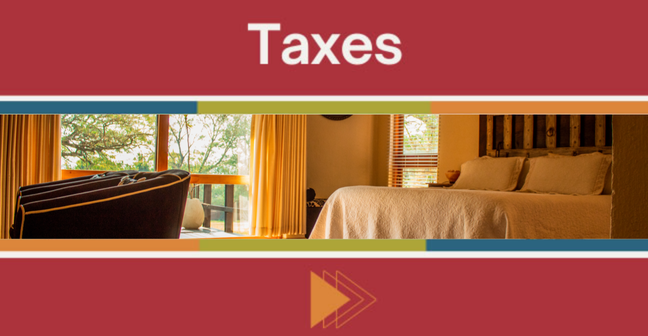
Selling your home at a profit typically rewards homeowners with one of the biggest opportunities for tax-free earnings available in the tax code. But sometimes, taxpayers don’t realize until it’s too late that they don’t qualify for the full capital gains exclusion.
Before you put your house on the market, double check that none of these common situations apply!
1. Not meeting the 2-out-of-5 year rule
To qualify for the exclusion, you must have lived in and owned the home for a total of at least 2 of the last 5 years before selling.
Note: You can still qualify for the full capital gains exclusion for a property you have used as your primary residence and as a rental, but you will owe tax on depreciation recapture (see #6) for the years you rented out the home.
2. Using the exclusion too often
The IRS lets you use the exclusion once every 2 years. If you have owned the home for under 2 years, you won’t qualify – even if it is your only home.
3. Waiting too long to sell after after moving out
It doesn’t matter how many years you have lived in a home – once you move out for 3 years or more, you can no longer take the exclusion.
If you move out of your home and aren’t sure what you want to do with it, don’t wait too long to decide. Remember that you’ll need to close the sale within the time limit, not just list the property.
And it doesn’t matter if you rent the home, let family live there, or leave it vacant. Once you move out, the clock starts.
4. One spouse doesn’t qualify
To claim the full $500K exclusion, both spouses must meet the use test and have lived in the home for at least 2 of the last 5 years.
It is OK for only one spouse to meet the ownership test. It’s also OK to apply residency years before the marriage. But the couple must be married and file jointly for the tax year when the sale takes place to claim the full exclusion, otherwise it is limited to $250,000.
5. Confusing “use” with “ownership”
It’s common to assume that living in a home part-time counts as establishing residency, but the IRS is strict on occupancy rules. For tax purposes, you can only have one primary residence at a time, which means you can’t take an exclusion on the sale of vacation or other secondary homes, even if these properties are not commercial in nature.
6. Overlooking depreciation recapture
If you ever rented out the property for long enough to qualify for a depreciation deduction, the IRS will recapture this write-off and tax you at your ordinary income rate on this portion of the gain. In fact, depreciation will be recaptured if you ever qualified for it, whether you took the deduction or not.
While this misunderstanding won’t impact your capital gains exclusion, it can significantly impact your overall tax liability on the sale, especially if the property was a rental for a long time.
7. Failing to track capital improvements
However, if you do have depreciation recapture to account for, you may be able to reduce a portion of the gain if you prove you made qualifying capital improvements to the home to increase your basis.
However, if you didn’t keep adequate records of the work completed and the costs, you won’t be able to claim the investment.
8. Not understanding inherited property rules
Inheriting a house resets the cost basis to fair market value at the date of death. But if you sell it later, you might not qualify for the capital gains exclusion unless it becomes your primary residence for 2 years.
9. Assuming divorce settlements don’t impact the exclusion
If one spouse keeps the home in a divorce, they need to make sure they alone meet the 2-year use test if they plan to sell the property immediately after the settlement. Being awarded the home doesn’t automatically keep the exclusion intact.
One more thing
Note that most states conform to the federal capital gains exclusion but not all do. Always confirm tax treatment at the state level to view the full picture.
While selling your primary residence is usually straight-forward and easy from a tax perspective, it’s a good idea to discuss your plans with your CPA before it’s too late. An unplanned loss of your capital gains exclusion could potentially cost you tens of thousands of dollars – or more.





